To recognize forex broker scams, we need to know how scams could be done, then discern characters of forex brokers who might be scammers.
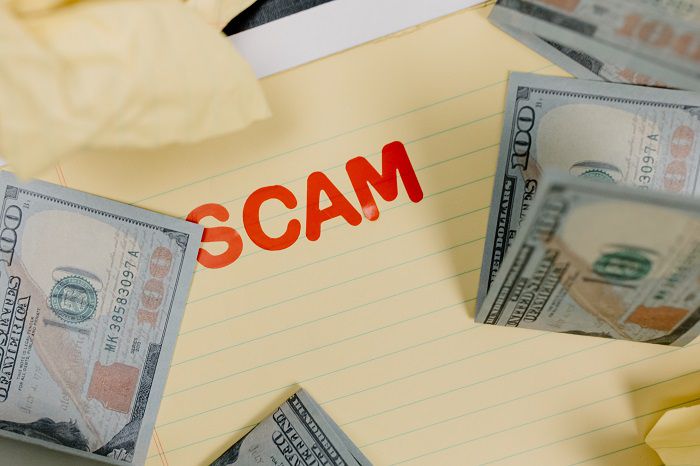
Extremely liquid markets, high trading volume, and high potential gains have made a lot of people interested in defrauding others through forex broker scams. It is not surprising that safe trading needs careful maneuvering on our part. We must detect them as early as possible to avoid getting involved with scams.
There are four things we could check to recognize broker scams:
- Sensasional ads: They tend to promise a big number, sometimes unrealistic.
- Unproven regulations: Check out whether they are regulated and whether their regulations are legit.
- Untraceable contact: Find out if they have a legit communication line or real address.
- Bad reviews: Look at what people say about them.
By checking these signs, you can easily protect yourself from getting scammed. How exactly do those signs help you identify broker scams?
1. Sensational Ads: Big Profit, Zero Risk
You've heard that con men promise us 60% or more profits from certain business ventures. That's how it is in the forex market too. Some brokers advertise by mentioning that you could get rich fast by trading forex. Or even promising 100% turnover. Suspect those who said that.
It is quite impossible to gain profit without risk (100% profit alluded to zero risks), and forex trading, for one thing, is a high-risk venture. The possibility of gaining extremely high profit since the beginning is quite slight; you must experience it first to get the lay of the land. That's why legit brokers like FxPro and Pepperstone frequently add such a disclaimer to not mislead their clients.
Another way to scam is by offering large benefits if you sign up within a specified period. It is common for brokers to offer deposit bonuses (a certain amount of money you will get after you post your initial deposit) or give you 5 to 10 USD when you sign up with them. But more than that, well, not every extraordinary thing are good.
See Also:
2. Unproven Regulatory Claims
Almost every country globally has the authority to regulate financial institutions, and some specifically regulate brokers who deal in forex, futures, and commodities.
Some regulators are more bonafide than others, while some are known as much laxer in doing their job. Regulated brokers do not guarantee that said broker will not leave you in the gutter. However, being "regulated" means that some authority has checked them out and considered them as qualified brokers according to their criteria.
What you should note regarding regulation is that some scams could claim to be regulated somewhere when they are not, so check carefully. As in the case of 4XP above, they are also involved in some confusing tangle on regulation. So, beware of fake 'regulated' claims.
Normally, a regulated broker will have a license number. Traders can check out the legitimacy of the number through the official website of the said regulator. If the number doesn't exist or is registered under a completely different company, there is a chance that it might be a scam.
Well-regulated brokers are usually listed under the authority of the US, UK, and Australian regulations. They can be found in the following lists:
- List of Brokers Regulated in the US (CFTC)
- List of Brokers Regulated in the UK (FCA)
- List of Brokers Regulated in Australia (ASIC)
3. Untraceable Contact
Every legitimate company should have an address, one of the first things you should check. It might not be easy to personally visit the address (particularly if it is a foreign broker), but the availability of a specific address is enough. After all, we can check them out through Google.
Contact and communication are urgent, as in any other service provider business. What if you experience difficulties and need to ask customer services? Are they able to give satisfactory support? Or they don't even reply to your emails?
Legit brokers would provide contacts that are easily accessible to clients. For example, brokers like IC Markets and Exness would clearly inform their clients about their correct office addresses, phone numbers, and email addresses to receive clients' questions and complains.
Meanwhile, forex scams would not disclose their true contact information since they don't want to be held responsible for their client's problems. After all, their purpose is to get away with their client's money.
4. Fake and Negative Reviews
When you choose which broker you will join, read reviews about them on the net first. However, you should take care because those scammers frequently plant fake reviews. Don't be easily led by over-the-top reviews (sometimes with a copy of bank statements). Choose independent sites that provide reviews and space for anybody to write their testimonies. Besides that, it is also advisable to visit forex forums where more experienced traders talk freely about brokers.
A good company has a good history. So, bad testimonies could indicate a forex scam too. Some brokers could provide good services initially but regress with time (4XP is one of the last). Particularly suspect those with unclear history, which means they are new in the game. The longer and clearer their history, the more you could be assured of safe trading with them.
To avoid brokers with negative testimonies, you could also filter carefully so there are only brokers with good testimonies in your selection.
Final Words
A good broker is properly regulated, has a good track record, provides excellent support, and tells us that any gains we will take from this business will be up to us. A good broker can't guarantee that we will not lose any money, but they can guarantee that they are truthful, will give us as much support as they can, and offer a smooth withdrawal process.

 Dedicated FREE FOREX VPS
Dedicated FREE FOREX VPS Free FOREX Virtual Private Server
Free FOREX Virtual Private Server MT4 Demo Contest, Get $500
MT4 Demo Contest, Get $500 Sign Up for an Account, Claim 60% Deposit Bonus
Sign Up for an Account, Claim 60% Deposit Bonus Free MT4/MT5 VPS 2024
Free MT4/MT5 VPS 2024 Send E-mail and Get Free Merchandise
Send E-mail and Get Free Merchandise $1K Refer a Friend Bonus for Pepperstone Pro clients
$1K Refer a Friend Bonus for Pepperstone Pro clients Maximize Your Earnings with 100% Deposit bonus
Maximize Your Earnings with 100% Deposit bonus Trade to Win, $5,000 Monthly Demo Contest
Trade to Win, $5,000 Monthly Demo Contest Claim 30% + 15% Deposit Bonus from LiteFinance
Claim 30% + 15% Deposit Bonus from LiteFinance
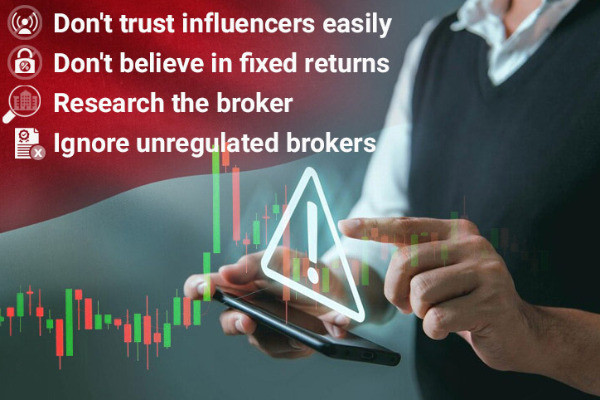
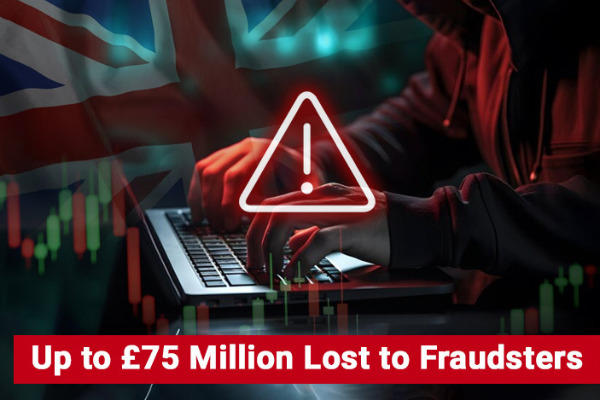
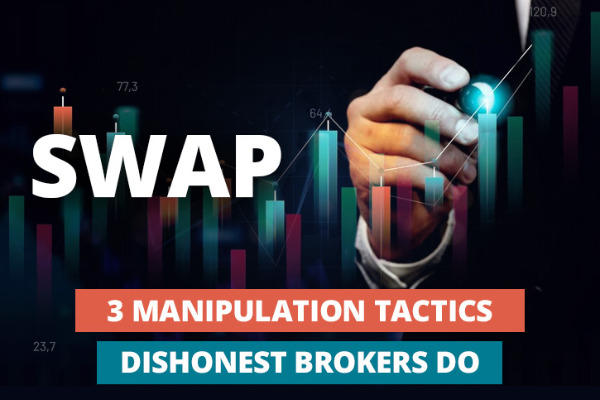
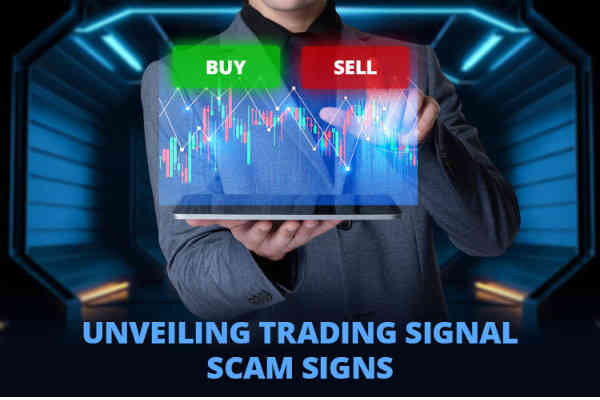
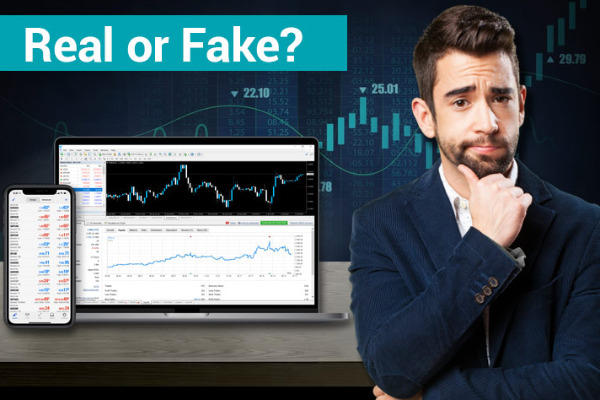
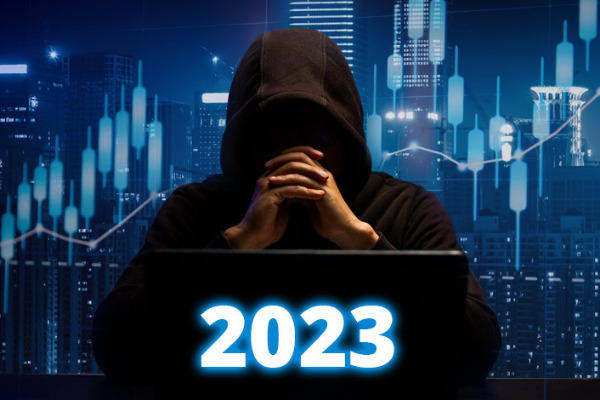

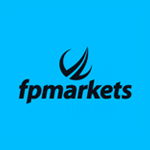

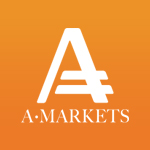
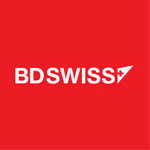

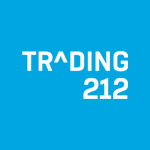

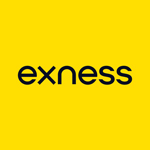
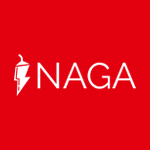



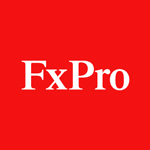
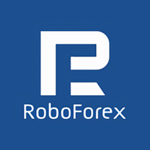
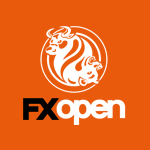

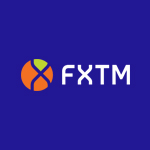
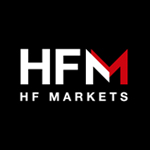



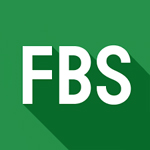
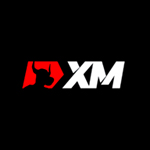

8 Comments
samantha
Nov 28 2022
Jadon
Feb 21 2023
samantha: The most important point of scammers is that profits can be counted. Basically, forex is trading. You know, trading itself, not only in Forex but also in other traditional trades. Profits will happen to be ups and down. Sometimes in business, they will even lose. The same goes for Forex. Transactions will not be offered consistently profit.
So, if someone calls forex broker promising even 10% profit no risk as you said. I will call it a 100% scam broker and you have to be careful even if they claim to be a regulated broker. Remember that really regulated broker won't say anything about return of profits.
Ras Robin
Jan 1 2023
I told that forex trading is real and just like any other market, it has its ups and downs. You must be aware that there are many scams in the world of online trading, but here we will discuss the difference between a scam and regular Forex brokers. Scams are pretty common in the world of online trading. Scammers try to trick inexperienced traders into giving them money by promising them huge profits with no risk involved. They make these promises by using methods such as fake reviews, misleading advertisements and fake testimonials from satisfied customers. There are many different kinds of scammers out there and some of them are quite sophisticated so it can be difficult to recognize them at first glance. However, if you know what to look for, then it's not that difficult to spot one!
Troy
Feb 21 2023
Ras Robin: I agree, no risk in trading is a big joke. Even in other exchanges we can still lose money. And meanwhile, as traders, we also need to have knowledge, not only about brokers, but also have to read many articles and books about Forex.
Many scammers will try to attack a trader's weakness; Need Biggest profit without risk. Because the risks in Forex are huge and you and I have to admit that when it comes to profit, Forex trading seems like a lot of money and easy. But in reality, Forex trading requires a lot of sacrifices and because of this, many traders quit Forex or try to find ways to profit from Forex. And I think we as traders really need to know about Forex input or output.
Threya
Feb 21 2023
I have a question that might bother someone. So first of all I want to say sorry and I don't want to attack and accuse anyone.
I have read many forex scams happening in my country. In particular, at EA Trading also use Forex name for scam trading. Meanwhile, other scams like forex investing are also very common in forex trading. My question is why are there so many scams using the name Forex making Forex a more likely scam investment?? And what is best for us as traders to ensure that we are not scammed or scammed when trading forex? THANK!
Roberto
Feb 21 2023
Threya: In my opinion there are several factors that can influence a scammer to use the Forex name:
I think this is why Forex is full of scammers and we also need to be well educated that investing is not about making big profits in a short time.
Senna
Jan 27 2024
The article discusses signs to identify whether a forex broker is legitimate or a potential scam, with a focus on the importance of a traceable address. It mentions that authentic brokers should have at least one verifiable address and a reachable phone number. Additionally, the article highlights the significance of responsive customer service.
In the article, there is an example given about Exness, a broker with a traceable address. However, in my country, Exness is recognized as a legal broker, even though it doesn't maintain a physical office or local contacts. I'm wondering if it's common for brokers to adopt such policies.
Gary
Jan 29 2024
Are you certain that your broker is authorized in your country? While Exness may be authorized in certain countries based on the regulatory body overseeing it, in other countries, its availability or legality might be subject to different regulatory standards. I am not suggesting that Exness could be a fraudulent broker, as such situations are quite normal. The recognition of brokers like Exness as legitimate, even without physical offices or local contacts in specific countries, can vary. Some brokers, particularly those primarily operating online, may not have a physical presence in every country they serve. Nevertheless, it is crucial to verify that the broker is regulated and adheres to the relevant financial authorities in your jurisdiction.
The absence of a local office doesn't inherently imply a scam, but it underscores the need for comprehensive research to confirm the broker's legitimacy and regulatory compliance. It is advisable to verify whether the broker follows industry regulations and maintains transparency in its business operations.
Hope it can clear your doubts!